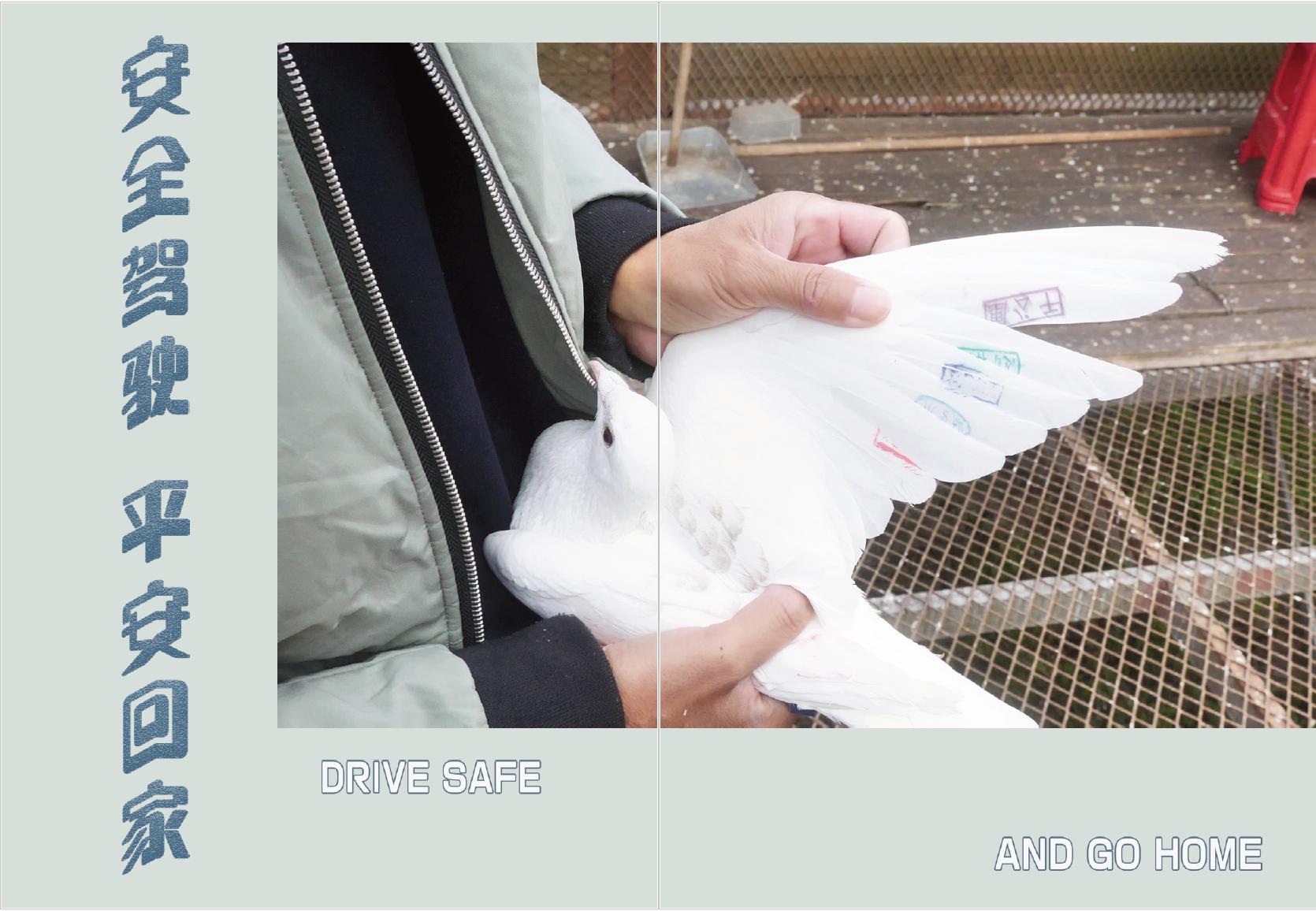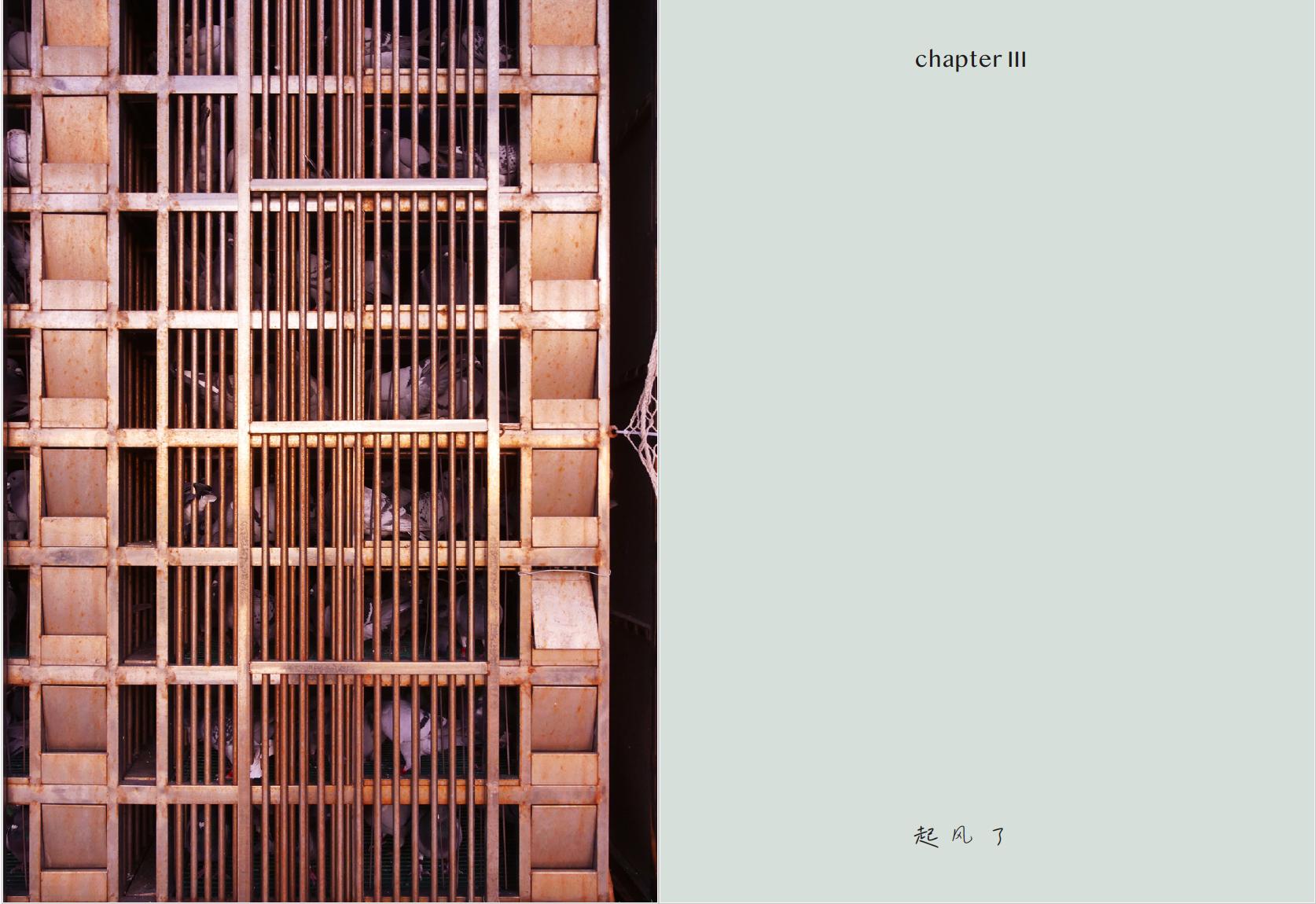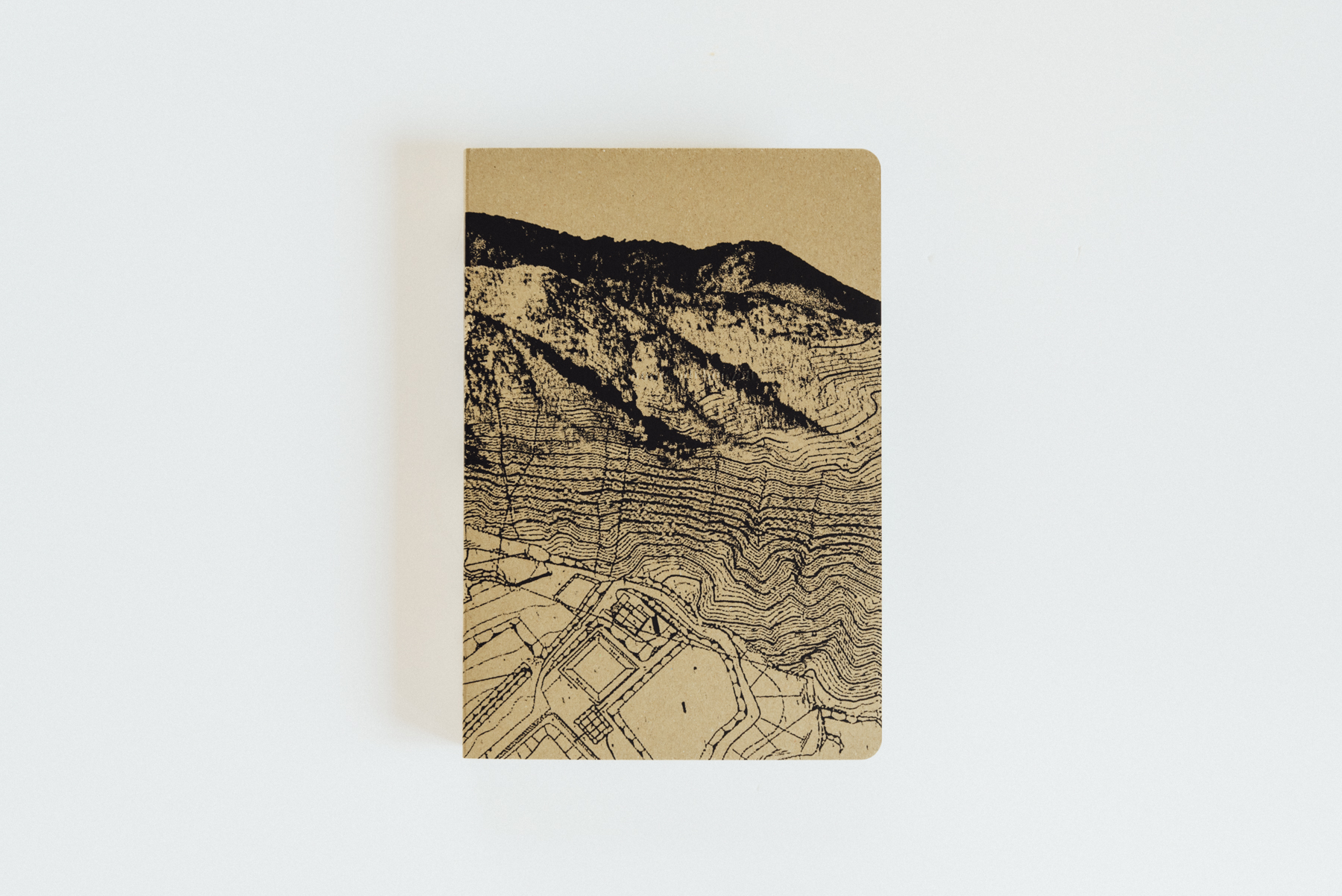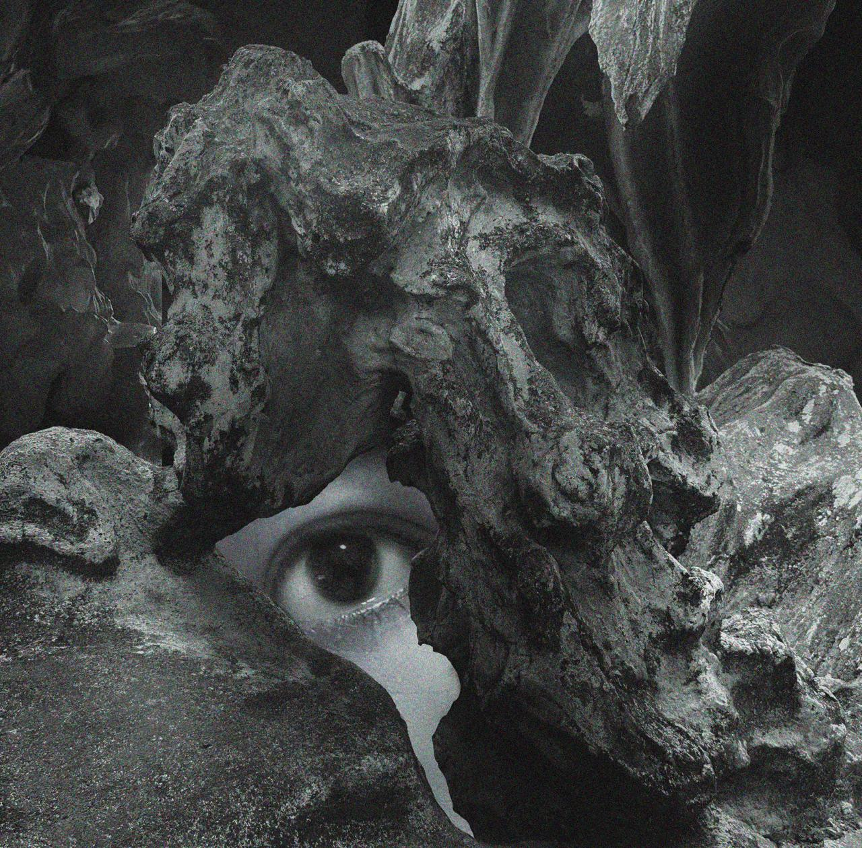A video and text documentation of the annual pigeon race organised by the only remaining pigeon racing club in Shanghai and an exploration of the cultural translation from traditional animal power to the modern popularity of pigeon racing.
On the one hand, the moment of release is like a moment when the animal is removed from the cultural boundaries established by man and returns to its natural predatory relationships and man-made biological chains;
The invisible and brutal race, to a certain extent, the sport has evolved into a kind of local imaginary ecosystem produced and incubated by human domestication.
On the other hand, the pigeons themselves are borderless, and in today’s commercialised and modernised pigeon racing, the tracking of the teams as if they were imports and exports of commodities, together with their innate sense of navigating their way back to their nests, and the specious spirit of sportsmanship, suggests a certain contradiction, a manoeuvre, and a possibility of coexistence.
Published in 2023
26.2 x 21 cm
80 pages
Artist Biography:
Cosmo, Mei Teng Wong, was born and raised in Macau, and graduated with a master’s degree in contemporary art practice from Royal College of Art in London. Currently is an residency artist in MaChang, Shanghai.
Interrelated in different systems is her general background, her practice-based research focus on the relationship between non-human beings and society, nature and civilization, ecology and system. She uses her own identity, history and geographical background as materials, her works in multi-disciplinary and test out the intersections of moving image, photography, painting, text or installation.
Navigating through this era of environmental fragility, her statement lies in a deep notion of the interconnectedness and entanglement of species, media and nature, matter and energy. Witnessing the energetic relation between our environment and individuals, calling for a more differentiated, non-judgmental, and open-ended engagement with differences between societies and economies.









